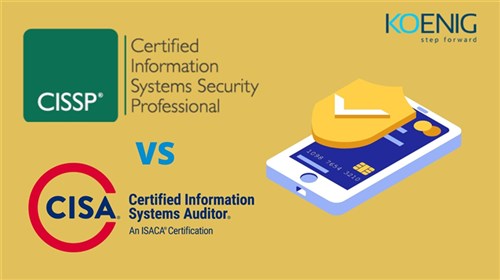(1).pngL.jpg)
Ethical hacking is very different from network defense or perimeter defense where one offensive and the other defensive. In a way, the benefit of ethical hacking is that it can find the loopholes in the network security rather than only focusing on upgrading the security. Let’s understand how.
Ethical hacking helps business owners or system owners find vulnerability and loopholes before a potential hacker does by using the techniques and practices that a malicious attacker would use. This is also why an ethical hacker uses real tools, approaches, methodologies and technologies as opposed to perimeter defense which uses SAS processes only which confirms to the best practices of maintaining network security.
Professionals do online ethical hacking course to get certified from renowned organisation EC-Council which validates their knowledge after passing CEH examination. So the business owners trust it in a very positive way while hiring ethical hackers.
Ethical Hacking: Modeling an Attack:
Modeling an attack that a malicious hacker would use can help network owners find vulnerabilities of the network that cannot be found using any other way. Ethical hacking helps document both the weak and strong areas of a network security. Knowing this can help owners fix the loopholes and strengthen their strong areas even further. In fact, the areas where the security is strong can be used to cover the technologies that are vulnerable to malicious attacks.
Finding the loopholes of a particular security approach or security model is the prime benefit of ethical hacking. And it is this advantage of ethical hacking that makes it very different from network defense.
ALSO READ: 5 Reasons to go for CEH Training!
Perimeter Security:
Perimeter security on the other hand focuses more on documenting and defending attacks. You’re essentially researching on firewalls and putting them up on your network, finding about the VPN server security and instantiating them. It isn’t about attacking but only defending.
Network security entails following common techniques and confirming to the best practices of the industry so as to operate and implement in a secure way. Thus perimeter defense is very different from ethical hacking which entails finding loopholes in those implementations, documenting them and feeding them into the network security procedure again thus helping repel and defend against any malicious attacks in those areas in the future.




.jpgM.jpg)
min(1).pngM.jpg)

COMMENT